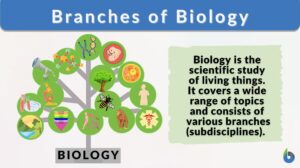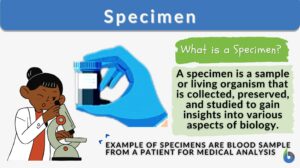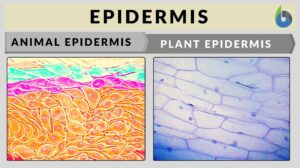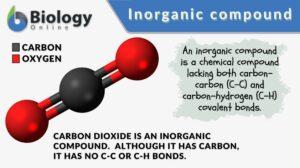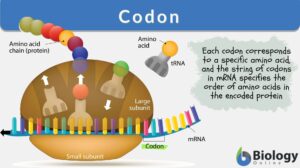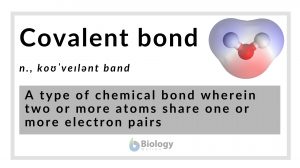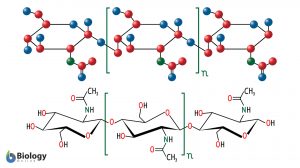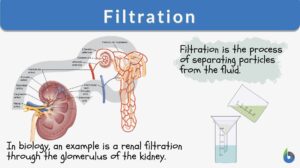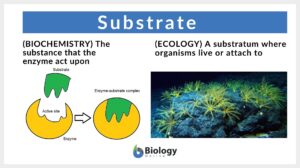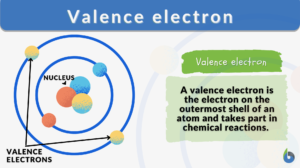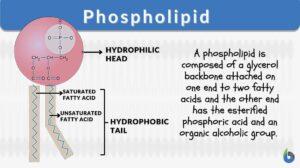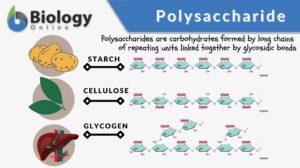Search Results for: properties
Community (biology)
Community, in biology, refers to the assemblage of interacting organisms (either of the same or different species)... Read More
Ecosystem diversity
Ecosystem Diversity Definition What is ecosystem diversity? Ecosystem diversity deals with the study of different... Read More
Phenol coefficient
Chemical disinfectants are categorized based on the power of their disinfection for microbes and viruses. Strong... Read More
Galacto-oligosaccharide
Definition noun plural: galacto-oligosaccharides ga·lac·to·ol·i·go·sac·cha·ride An oligosaccharide made up of... Read More
Volatile oil
Volatile Oil Definition Volatile oils are aromatic compounds that are characterized by their volatility and inability to... Read More
Chemical Composition of the Body
In order to fully understand the mechanisms of human physiology, it is important to have an understanding of the chemical... Read More
Physicology
physicology --> physics The science of nature, or of natural objects; that branch of science which treats of the laws and... Read More
Osmotic pressure
Osmotic Pressure Definition Osmotic pressure is the pressure caused by a difference in the amounts of solutes (or... Read More
Branches of biology
What is a Branch of Biology? A branch of biology is a specialized field or a sub-discipline in a much broader field of... Read More
Cyclic compound
Cyclic compound Any compound in which the constituent atoms, or any part of them, form a ring. Used mainly in organic... Read More
Inorganic compound
Inorganic Compound Definition An inorganic compound is a chemical compound lacking both carbon-carbon (C-C) and... Read More
Covalent bond
Covalent Bond Definition What is a covalent bond? In chemistry and other fundamental science fields, a covalent bond is... Read More
Filtration
Filtration Definition What is filtration? Filtration is separating a solid from a fluid through a porous material that... Read More
Valence electron
What are valence electrons? Why are they significant? Valence electrons definition in chemistry: The electrons in an atom's... Read More
Cell adhesion
Cell Adhesion Definition Cell adhesion is the process in which a cell uses a specialized complex of proteins to get... Read More
Nucleic acid
Nucleic Acid Definition A nucleic acid refers to any of the group of complex compounds consisting of chains of monomers of... Read More
Glucocorticoid
Definition noun, plural: glucocorticoids Any of a group of corticosteroids involved in carbohydrate metabolism (e.g.... Read More
Phospholipid
What is a phospholipid? Phospholipids are a subgroup of lipids. Other major types of lipids are fatty acids, sphingolipids,... Read More
Between Necessity and Probability: Searching for the Definition and Origin of Life (Advances in Astrobiology and Biogeophysics)
Between Necessity and Probability: Searching for the Definition and Origin of Life (Advances in Astrobiology and... Read More
Polysaccharide
Polysaccharide Definition Biology Definition: A polysaccharide is a carbohydrate formed by long chains of repeating units... Read More
Solubility
Definition noun (1) The quantity of a particular substance (solid, liquid, or gas solute) that can dissolve in a particular... Read More

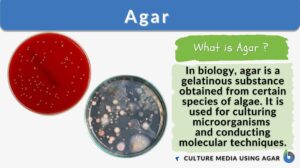
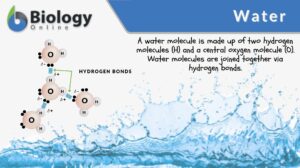

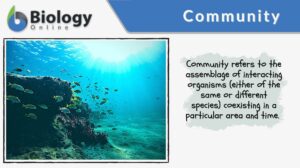
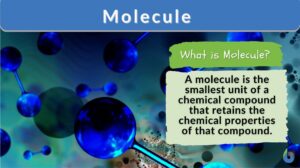
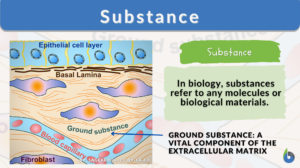



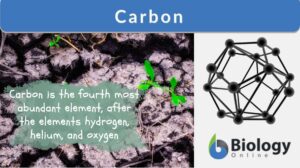
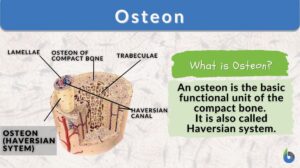
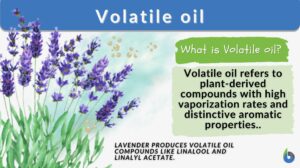

![Osmotic pressure n., plural: osmotic pressures [ɑsˈmɑtɪk ˈpɹɛʃ.ɚ] osmotic pressure definition and example](https://www.biologyonline.com/wp-content/uploads/2020/11/osmotic-pressure-definition-and-example-300x168.jpg)
